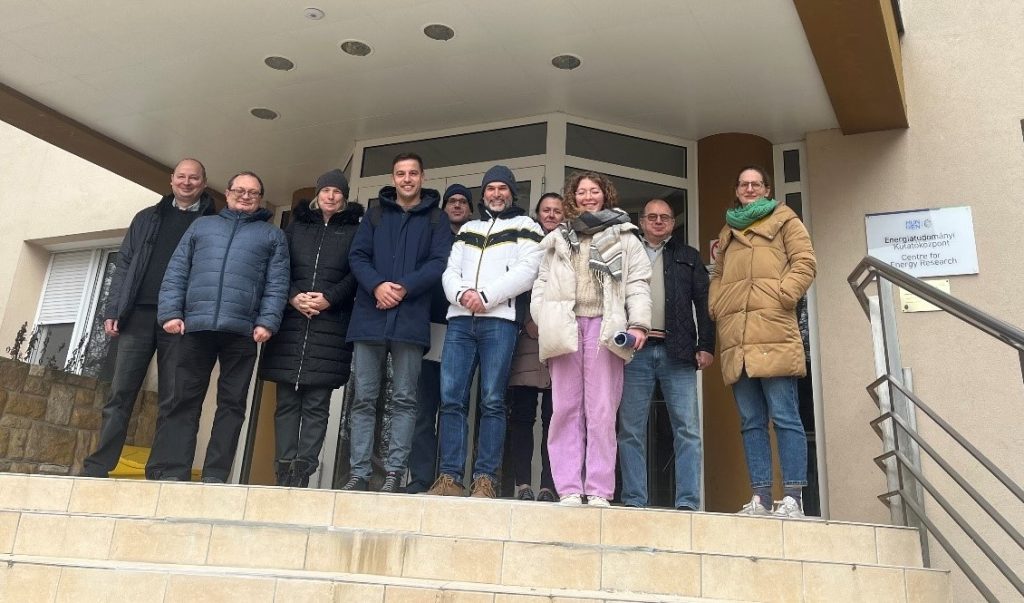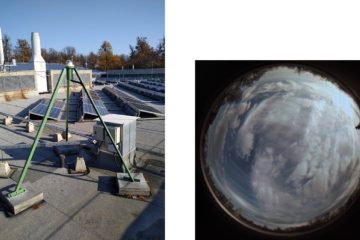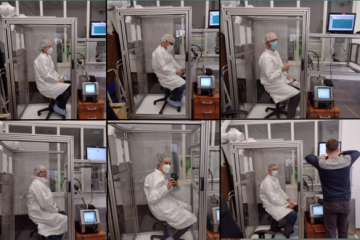A new Hungarian-Slovenian bilateral research project has recently been launched to examine the health effects of ambient aerosols generated by domestic heating, particularly from wood and waste combustion.
High ambient aerosol particle concentrations are known to cause different long-term health effects. One of the most significant anthropogenic sources of ambient aerosol particles during winter season is the domestic heating, especially when inappropriate fuels, such as household waste are burned.

The goal of this program is to develop and implement size-resolved sampling and analytical methods for identification of wood and waste combustion as a source of ambient aerosols. Researchers will determine emission factors and specific fingerprints/markers for domestic waste combustion. Ultimately, the project aims to estimate the health impacts of various solid fuel combustion scenarios using lung deposition modeling.
This Hungarian-Slovenian project is co-funded by the Hungarian National Research Development and Innovation Office and the Slovenian Research and Innovation Agency. The program is led by HUN-REN Centre for Energy Research, in partnership with Aerosol d.o.o from Slovenia.
The project officially commenced with a kick-off meeting, where participants presented their research expertise and shared preliminary findings from ongoing investigations in the field. The meeting provided an opportunity to introduce the instrumentation and analytical methods that will be employed in the study. Additionally, participants discussed the potential of laboratory and field campaign measurements, as well as the project’s timeline and key milestones.
This research initiative is expected to provide critical insights into the impact of domestic heating emissions on air quality and public health. The findings will contribute to a better understanding of the risks associated with inappropriate solid fuel combustion and support the development of strategies to mitigate air pollution in residential areas.




